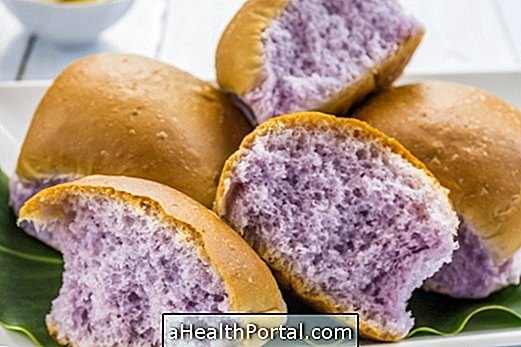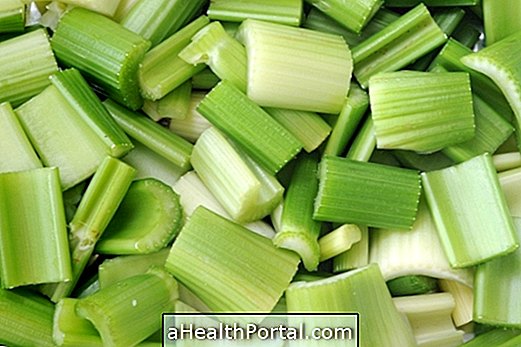Chronic rhinitis has no cure, but there are several treatments that help control the most common symptoms, such as frequent sneezing, nasal obstruction, nasal voice, itchy nose, mouth breathing and nighttime snoring.
Rhinitis is considered chronic when nasal obstruction persists continuously with other symptoms for at least three months. Efforts should be made to avoid contact with the causative agents of the disease as much as possible and to seek the advice of an allergist or otorhinolaryngologist in order to get the best treatment as quickly as possible.
After some tests, the causes of rhinitis are identified, and some prevention measures can be established through the use of appropriate medicines and vaccines, which will smooth the crises, better controlling the disease. Over time, the person begins to learn to identify the symptoms, to take the necessary measures at an early stage, avoiding the crises, and, consequently, to have a better quality of life.

What worsens chronic rhinitis
There are some factors that can worsen the symptoms of chronic rhinitis and that should be avoided, such as:
- Have carpets, curtains and plush toys at home, as they accumulate dust mites and dust;
- Use the same pillowcases and sheets for more than a week;
- Alcohol, because it increases the production of mucus, increasing nasal congestion;
- Cigarette and pollution.
In addition, some foods such as milk and dairy products, peaches, hazelnuts, pepper, watermelon and tomato may worsen the symptoms of rhinitis because they are more likely to trigger allergic reactions in relation to other foods.
There are home remedies that can help relieve symptoms such as eucalyptus and mint tea or apple cider vinegar. Here's how to prepare these home remedies.
























